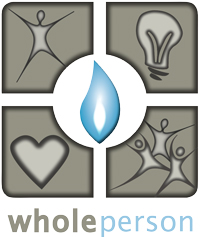 Book Release
Book Release
Whole Person Associates
PHONE 218.727.0500
FAX 218.727.0505
WEB http://www.wholeperson.com
E.MAIL books@wholeperson.com
CONTACT: Carlene Sippola
The Teen Anger Workbook
Facilitator Reproducible Self-Assessments, Exercises & Educational Handouts
By John J Liptak, EdD and Ester Leutenberg
Whole Person Associates announces publication of The Teen Anger Workbook: Facilitator Reproducible Self-Assessments, Exercises & Educational Handouts by John J Liptak, EdD, and Ester Leutenberg. Teaching teens to handle their anger is one of the most challenging tasks of counselors, therapists, teachers, and parents. The Teen Anger Workbook provides tools to help young people engage in self-reflection, examine their thoughts and feelings that lead to anger, and learn effective tools and techniques to effectively manage the inevitable feelings of anger they will experience throughout their lives.
Divided into five separate sections, The Teen Anger Workbook provides a myriad of tools to guide teens through the exploration of a difficult topic and to learn more about themselves and now anger impacts their lives.
- Teen Anger Triggers Scale helps individuals explore what triggers feelings of anger within them.
- Teen Anger Intensity Scale helps individuals identify how prone they are to anger and how strong their feelings are of anger.
- Teen Anger Expression Scale helps individuals identify their particular ways of expressing their anger to other people.
- Teen Anger Consequences Scale helps individuals explore the adverse effects of uncontrolled anger on their relationships and life.
- Teen Anger Management Scale helps individuals better understand their skills in managing the anger in their life.
The Teen Anger Workbook: Facilitator Reproducible Self-Assessments, Exercises & Educational Handouts is one of a series of 12 books covering mental health and lifestyle issues familiar to all professionals working with teens. Being released concurrently are: The Teen Friendship Workbook and The Teen Aggression and Bullying Workbook.
Facilitator Reproducible Self-Assessments, Exercises & Educational Handouts
Written by: John J Liptak, EdD and Ester Leutenberg
No. of pages: 122
Softcover: Price $49.95
ISBN: 978-1-57025-250-1
Publication date: 2011
About the Authors
John J. Liptak, EdD, frequently conducts workshops on assessment-related topics. He has written three books on career-related topics which have been featured in numerous newspapers including The Washington Post, The Pittsburgh Post-Gazette and the Associated Press. His work has also been featured on MSNBC, CNN Radio, and on the PAX / ION television series, “Success without a College Degree.” John has many years of experience in providing counseling services to individuals and groups in a variety of settings including job training programs, correctional institutions, and colleges and universities. In addition, John has ten years of teaching experience as
an assistant professor. With Kathy Khalsa and Ester Leutenberg, he has written three other comprehensive books for teachers and counselors to use with their students and clients: The Self-Esteem Program, The Social Skills Program, and The Stress Management Program: Inventories, Activities & Educational Handouts. John and Ester Leutenberg continue to co-write books to add to their Mental Health & Life Skills Workbook series, published by Whole Person Associates.
Ester A. Leutenberg has worked in the mental health field for many years as a publisher, author, and advocate for those suffering from loss. She personally experienced a devastating loss when her son Mitchell, after struggling with a mental illness for eight years, died by suicide in 1986. Soon after, as a way of both healing and helping others, Ester co-founded Wellness Reproductions & Publishing with her daughter Kathy Khalsa and began developing therapeutic products that help facilitators help their clients. Ester is the co-author of the SEALS series for teen-agers, Life Management Skills series for adults and Meaningful Life Skills for older adults, as well as a variety of therapeutic card games, board games, and posters. Ester has co-written GriefWork —Healing from Loss, The GriefWork Companion, and Creating a Healthy Balanced Life.
Ester and John have co-written the Mental Health & Life Skills Workbook Series, the Teen Mental Health & Life Skills Workbook Series and are currently working on a Coping Workbook Series, all published by Whole Person Associates.
About the Illustrator
Amy L. Brodsky, LISW-S, has worked assisting children and adults in psychiatric crisis. She is well known for her creative illustrations of the Emotions product line, over 35 therapeutic books, including the Life Management Skills and SEALS series, the Teen Relationship Workbook, Crossing the Bridge, GriefWork—Healing from Loss, The GriefWork Companion, Creating a Healthy Balanced Life, and the Liptak/Leutenberg Workbook series.
Other Links:
http://parentingteens.com/blog/2010/10/20/5-steps-for-teens-to-fight-anger/
http://www.troubledteenswizard.com/blog/anger-management
http://www.at-risk.org/blog/1032/teens-out-of-control/
http://www.lifeworksaz.com/counselors-blog/category/angry-teenager-anger-adolescent-angry-child/


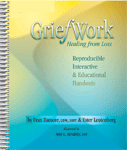

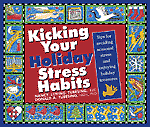




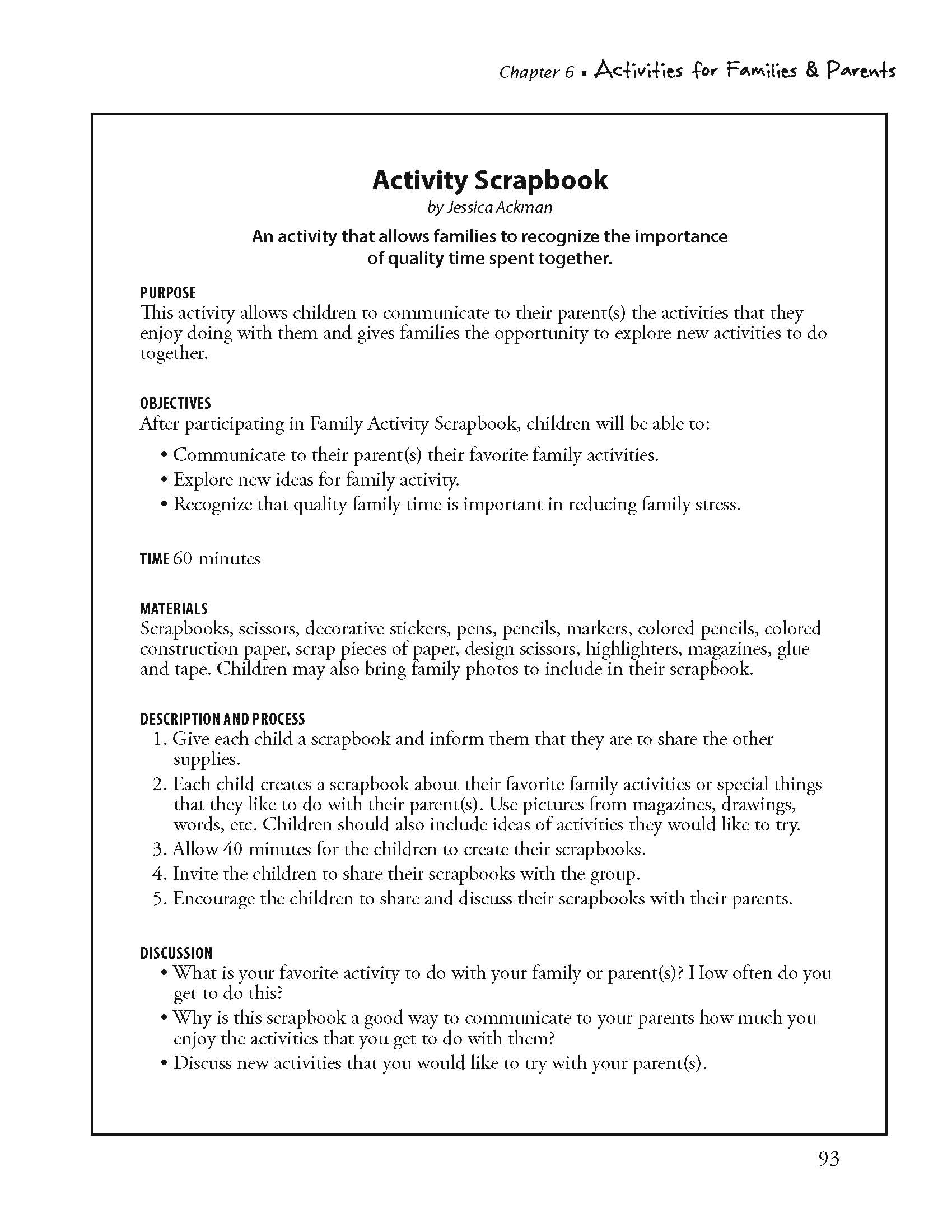
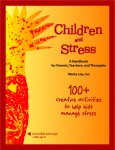
 I asked my husband what I should write about for Thanksgiving week and his immediate response was, “the turkeys in our lives.” After I stopped laughing I decided to focus on the real Thanksgiving turkey.
I asked my husband what I should write about for Thanksgiving week and his immediate response was, “the turkeys in our lives.” After I stopped laughing I decided to focus on the real Thanksgiving turkey.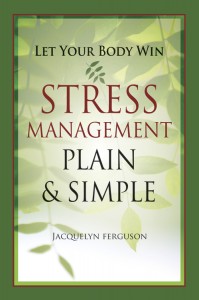
 INSPIRING, INSTRUCTIVE, INDISPENSIBLE
INSPIRING, INSTRUCTIVE, INDISPENSIBLE